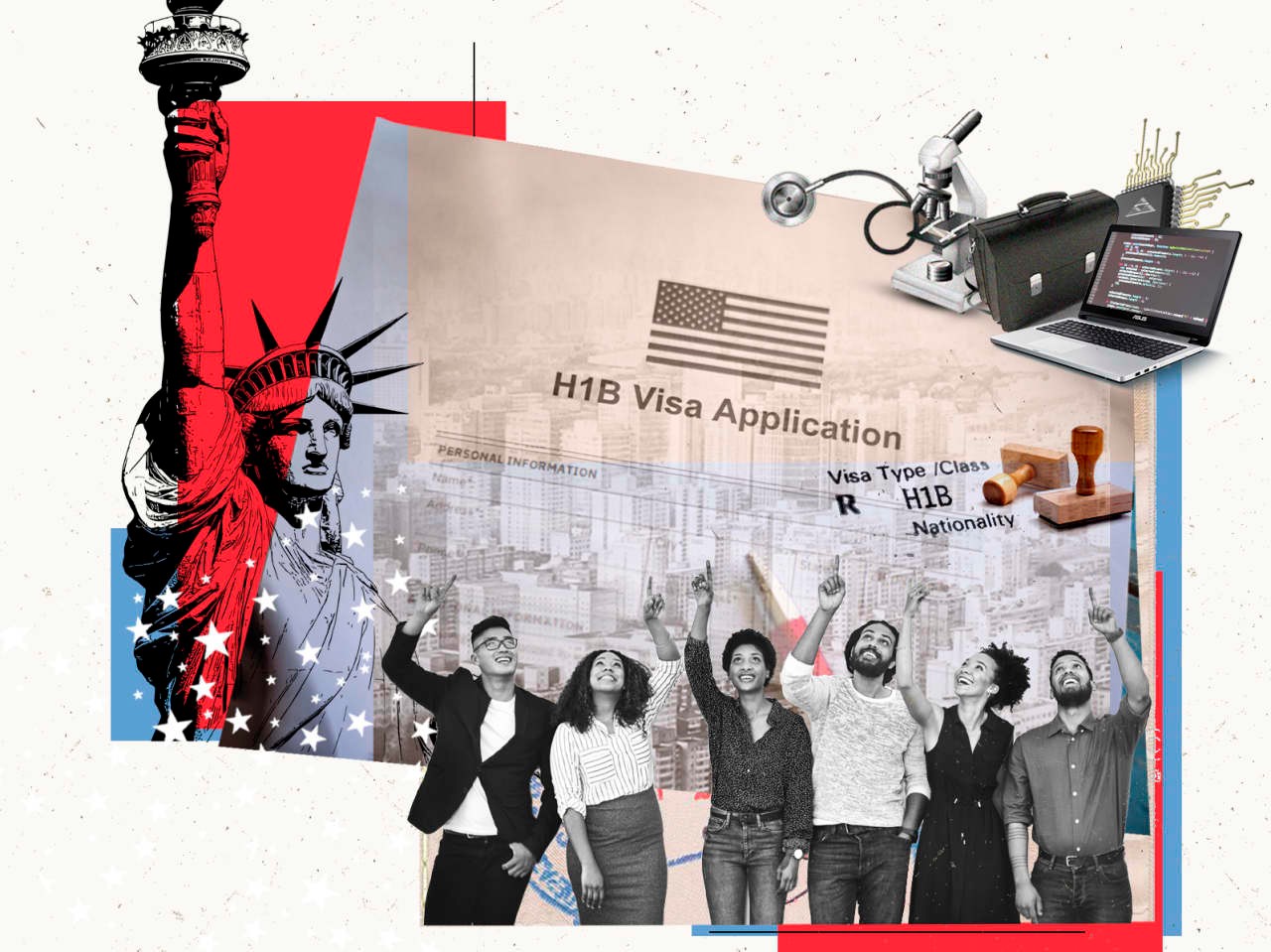
Tech industry leaders like Elon Musk argue there's an urgent need for foreign engineering talent in America, but labor market data and experts paint a more complex picture of how H-1B visas are being used in the technology sector.
While major tech companies are among the largest beneficiaries of H-1B visas, with Amazon leading in 2024 followed by Microsoft, Google and Meta, debate continues about whether these visas address an actual shortage of qualified American workers or simply provide access to lower-cost labor.
Recent data shows American universities are producing record numbers of tech graduates. The 2020-21 and 2021-22 academic years saw the highest levels of computer science and engineering degrees awarded since 1970-71, according to the National Center for Education Statistics.
"The H-1B visa is like the Swiss Army knife of visas. It's used for a lot of different purposes," explains John Skrentny, sociology professor at U.C. San Diego. While the program attracts top global talent, investigations have revealed cases where companies laid off American workers and replaced them with H-1B hires at lower salaries.
Labor market indicators challenge the narrative of a talent shortage. Ronil Hira, associate professor at Howard University, points out that genuine worker shortages typically drive up wages. However, median weekly earnings in computer and mathematics roles grew just 0.27% from 2019 to 2023 when adjusted for inflation, while engineering wages declined 3.53%.
The program's impact on American jobs shows mixed results. Research from the IZA Institute of Labor Economics found that smaller companies receiving H-1B visas often grew revenue and eventually created additional jobs. However, an Economic Policy Institute analysis revealed that top H-1B employers hired 34,000 visa workers in 2022 while laying off at least 85,000 employees that year and in early 2023.
As the debate continues, the future of H-1B policy remains uncertain. While former President Trump previously sought to restrict the program to highest-paid workers, he recently called it "a great program" in an interview, suggesting potential support for its continuation under his next term.
The tech industry's reliance on H-1B visas reflects both the global nature of technology talent and complex workforce dynamics that extend beyond simple supply and demand for technical skills.